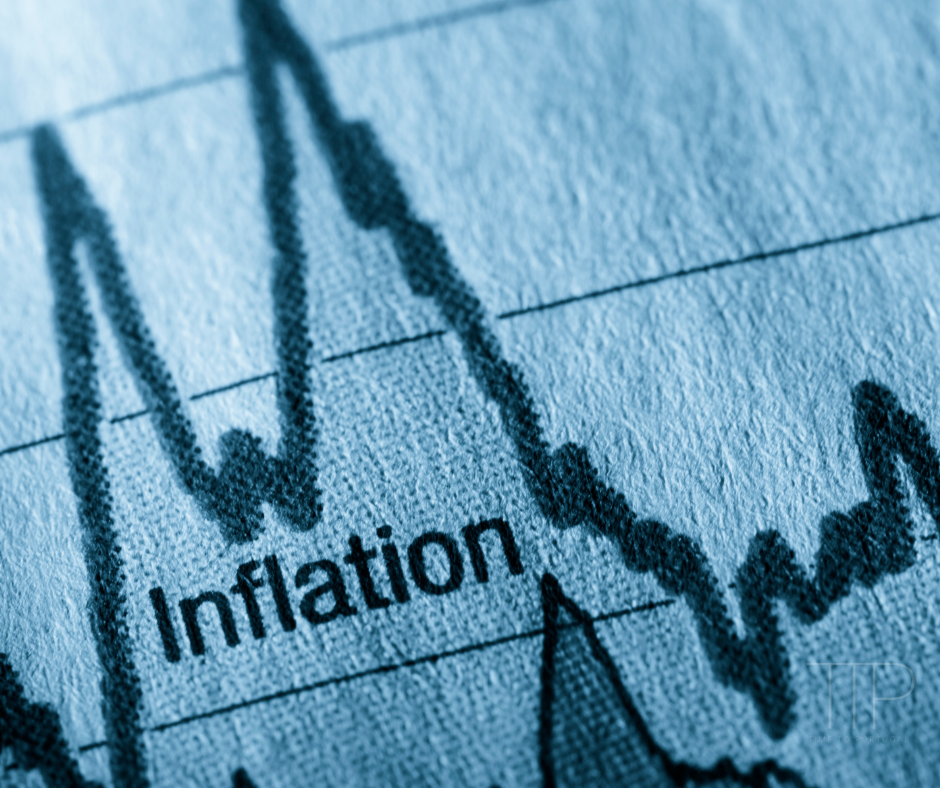The year-on-year rise in the indicator was largely due to the lifting of zero VAT, which once again accelerated the food component, explains INE.
Inflation in the first month of the year stood at 2.3% in the national economy, in line with the flash estimate released at the beginning of January by INE. The year-on-year rise in the indicator was largely due to the lifting of zero VAT, which once again accelerated the food component.
INE estimates the impact of the end of the VAT exemption regime on a number of essential goods at 0.7 percentage points (p.p.), which helps explain the year-on-year rise in the indicator compared to the 1.4% recorded in the previous month. Another relevant factor is the rise in electricity prices in the first month of the year.
Looking at the components, energy goods rose by 0.2% year-on-year, reversing the 10.5% drop seen in December, while unprocessed food accelerated from 2.0% in the previous month to 3.1% in January.
The chain variation was zero, which puts the average inflation over the last twelve months at 3.8%, the statement said. The core indicator, which excludes the more volatile components of energy and unprocessed food, stood at 2.4%, down from 2.6% in December.
The harmonized index, the benchmark indicator for European institutions, showed a year-on-year change of 2.5%, 0.6 p.p. more than in December. Compared to the eurozone average, inflation in Portugal was 0.3 p.p. lower in January.
Related article: Portugal closes the year with inflation at 1.4%
Banco de Portugal: What is inflation and why a 2% target?

